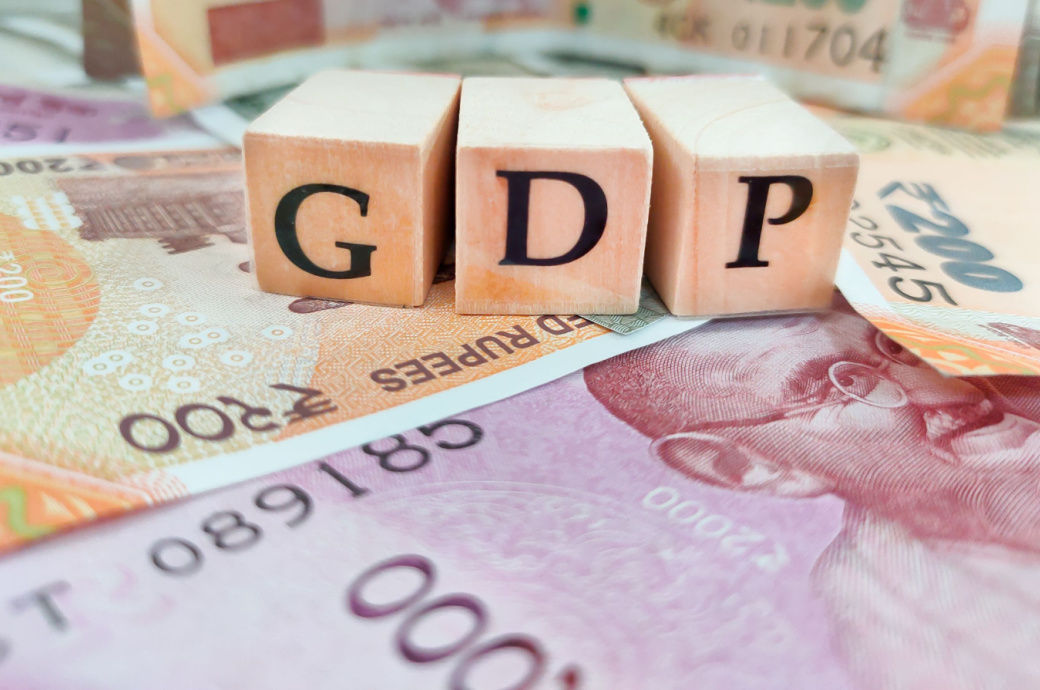
Uncertainty around the outlook is high, with risks tilted to the downside, IMF noted.
Reflecting broad-based price pressures, inflation in the country is projected at 6.9 per cent in FY23 and is expected to moderate only gradually over the next year.
The current account deficit is expected to increase to 3.5 per cent of the GDP in FY23 as a result of both higher commodity prices and strengthening import demand, IMF said in a press note.
A sharp global growth slowdown in the near term would affect India through trade and financial channels. Intensifying spillovers from the war in Ukraine can cause disruptions in the global food and energy markets, with significant impact on India, IMF said.
Over the medium term, reduced international cooperation can further disrupt trade and increase financial markets volatility. Domestically, rising inflation can further dampen domestic demand and impact vulnerable groups, it noted in a release.
On the upside, however, successful implementation of wide-ranging reforms or greater than expected dividends from the remarkable advances in digitalisation could increase India’s medium-term growth potential.
IMF executive board directors noted that additional monetary policy tightening should be carefully calibrated and clearly communicated to balance inflationary objectives and impact on economic activity.
Noting that India’s external position was broadly in equilibrium, they observed that the exchange rate should continue to act as a shock absorber with foreign exchange intervention limited to addressing disorderly market conditions. They welcomed the authorities’ plans to introduce a central bank digital currency.
ALCHEMPro News Desk (DS)
Receive daily prices and market insights straight to your inbox. Subscribe to AlchemPro Weekly!